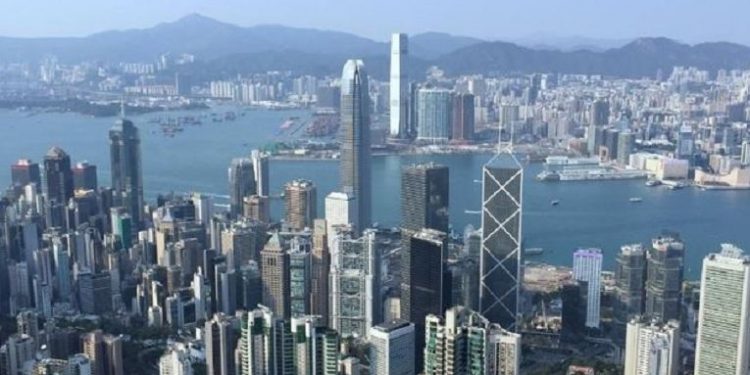Hong Kong: The Hong Kong government has announced that it will invest about HK$240 billion ($30.8 billion) in the next 15 to 20 years to take forward various measures on climate change mitigation and adaptation.
Announcing the Hong Kong’s Climate Action Plan 2050, Secretary for the Environment Wong Kam-sing said: “In 2019, electricity generation was Hong Kong’s largest source of carbon emissions (66 per cent), followed by transport (18 per cent) and waste (7 per cent).
“Therefore, our decarbonisation work should focus on these three key areas. Leading Hong Kong towards the goal of carbon neutrality, the new plan outlines the four major decarbonisation strategies and measures, namely net-zero electricity generation, energy saving and green buildings, green transport, and waste reduction.
“Achieving carbon neutrality before 2050 is extremely challenging and requires the participation of the whole community. The public can contribute by practicing a low-carbon lifestyle through energy saving and waste reduction and recycling, etc., in their daily lives. I hope that various sectors of the community will join hands with the government to build a bright future together in a bid to strive towards the goal of carbon neutrality, with a view to achieving the vision of ‘Zero-carbon Emissions·Liveable City·Sustainable Development.”
The environment bureau will also set up a new Office of Climate Change and Carbon Neutrality to strengthen coordination and promote deep decarbonisation, as well as a dedicated advisory committee on combating climate change will be formed to encourage different sectors in the community, including young people, to participate actively in climate actions, Xinhua news agency reported on Saturday.
In response to the Paris Agreement, the city government announced Hong Kong’s Climate Action Plan 2030+ in 2017, setting out the decarbonisation target of reducing the carbon intensity by 65 per cent to 70 per cent by 2030 using 2005 as the base, which is equivalent to a reduction in the total carbon emissions by 26 per cent to 36 per cent.
With the implementation of various mitigation measures, Hong Kong is moving steadily towards the 2030 decarbonisation target. The carbon intensity in 2019 was about 35 per cent lower than that in 2005.
Preliminary estimation shows that the per capita carbon emissions would be reduced from the peak level of 6.2 tonnes in 2014 to about 4.5 tonnes in 2020.






































